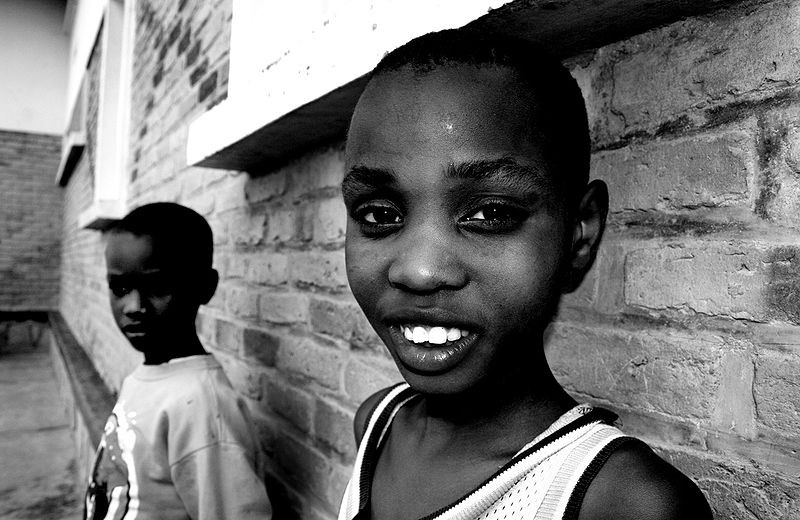
FREETOWN, Sierra Leone – Crossroads Prison Ministries International provides resources, training, and support for ministry leaders in over 20 countries across the globe, to help share God’s love to the imprisoned people in their respective countries.
“In developing countries, deplorable prison conditions present added challenges. Severe overcrowding, limited food rations, poor sanitation, and unjust treatment are issues prisoners face in some countries. In several locations, Crossroads mentors hand-deliver Bible lessons and provide basic necessities. Their tangible service, combined with the message in Crossroads studies, offers hope to prisoners in need.”
Recently the organization has begun to expand its in-prison efforts in Sierra Leone with a particular focus on the street orphans who have fallen into “a prison cycle.”
War, flooding, mudslides, and epidemics of AIDS and Ebola have left hundreds of thousands of children orphaned and homeless. Living on the streets is never a good thing. For these impoverished and resources children, a life of petty crime is often the only hope for survival they can see.
Eventually, they are caught and incarcerated in one of the country’s two juvenile prisons. While imprisoned, Crossroads, other organizations, and local churches work with many of the children to care for their needs.
The Cycle

Crossroads discovered that when children are released from prison, they are often worse off than when they went in.
“These children literally have nowhere to go — no family, no home, absolutely nothing. So when they’re released, they will most certainly end up back in the streets again. And these vulnerable kids get caught up in the cycle of survival and then the return to prison and then long-term that really leads to a life of ongoing crime,” according to Cynthia William’s Crossroads International Director.
The idea of this care effort began when Crossroad’s Director in Sierra Leone took it upon himself to mentor to these children on his own. He determined that he would help as many as he could to break the cycle from the streets to prison to the streets and back to prison. He began taking children into his small home. The latest report is that he is providing food, shelter, instruction, and guidance for a least six children. But, there is only so much that one person can do, especially from a two-room house.
Scalability and Sustainability
The western culture is nearly consumed with scalability and sustainability – concepts barely considered in impoverished nations. These concepts are related to growth, efficiency, and effectivity. However, scalability and sustainability are precisely what need to be implemented to help break the vicious cycle within which these children are entrapped.
The organization is currently considering how to address the “significant, immediate needs for housing, for schooling, for food, and for schooling expenses as they are coming out” of prison.
A Crossroads representative speculated that “we are called to care for the orphans . . . We are also called to care for the prisoner. How much more the orphaned prisoner?”
Sources:
DIGNITY (Danish Institute Against Torture), Study of children and juveniles in detention in Sierra Leone
Al Jazeera, The forgotten child prisoners of Sierra Leone




